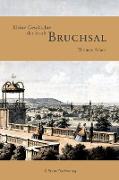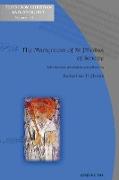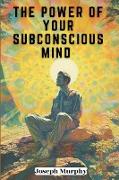- Start
- Citizenship in the Western Tradition
Citizenship in the Western Tradition
Angebote / Angebote:
Intended for both general readers and students, Peter Riesenberg's instructive book surveys Western ideas of citizenship from Greek antiquity to the French Revolution. It demonstrates the persistence of important civic ideals and institutions over a period of 2, 500 years and shows how those ideals and institutions traveled over space and time, from the ancient Mediterranean to early modern France, England, and America. Riesenberg treats citizenship in several ways: as a moral code providing the basis for individual identity and community, as a principle of discrimination between those who do and those who do not enjoy certain political privileges, rights, and responsibilities, and as a demand for active participation in civic life. He shows that our tradition of citizenship developed in the realities of the small-scale society in which most people lived prior to the Industrial Revolution. Citizenship as exemplified in ancient and medieval traditions survived the Age of Absolutism and came to serve the new large-scale monarchical politics, which Riesenberg relates to the republican regimes founded in the wake of revolutions in France and America. Citizenship in the Western Tradition is based upon a variety of sources, including medieval manuscripts and legal records. Beyond such authors as Aristotle, Dante, More, Hobbes, and Rousseau, it relies upon an examination of the legal and constitutional literature of early modern Europe. Bodin and Grotius are cited, as well as the statutes of many Italian city-states. Notably, it examines the litigation surrounding citizenship as revealed in the consilia, an enormous body of medieval case law.
Folgt in ca. 10 Arbeitstagen




